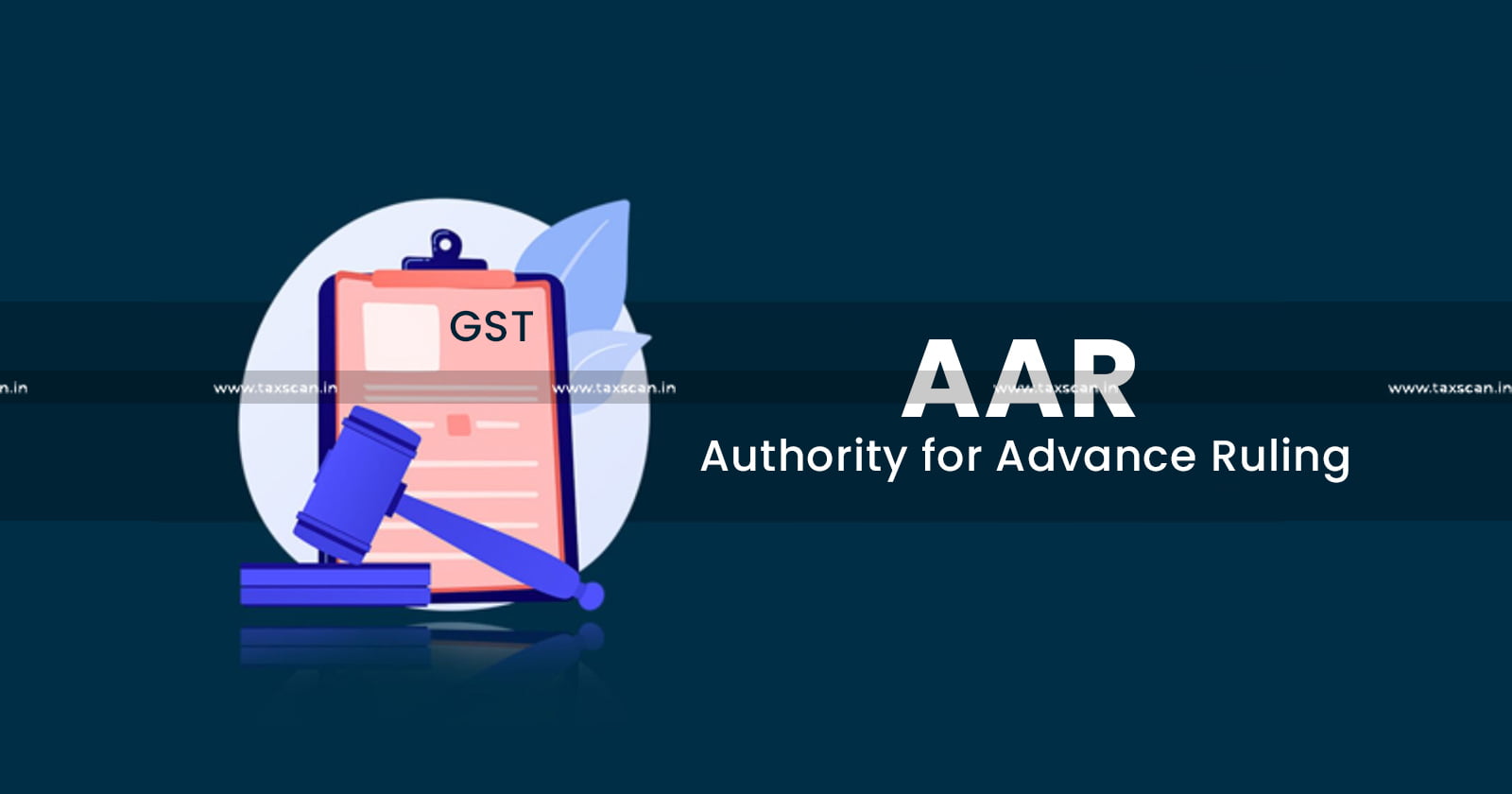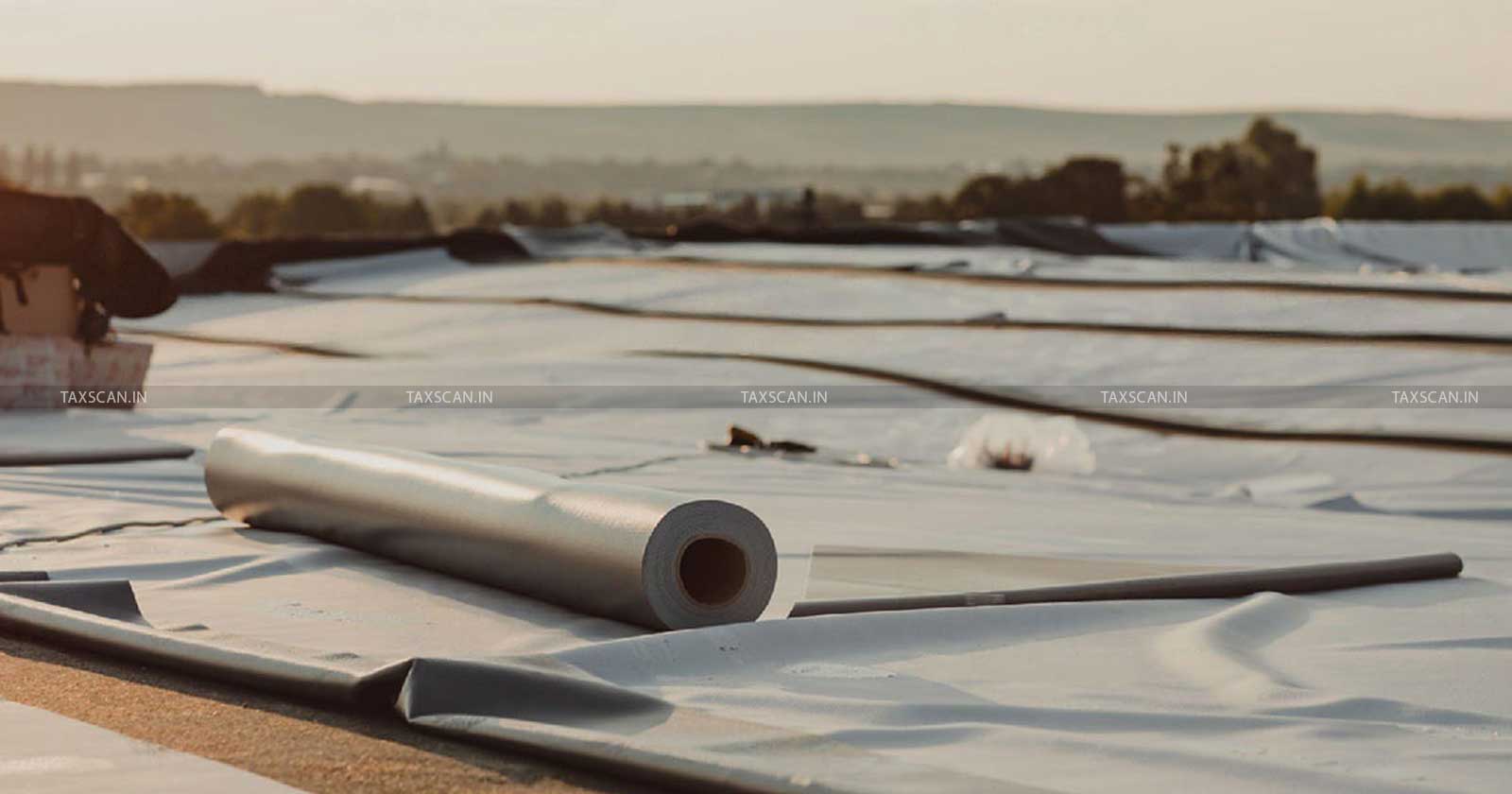Safari Retreats Functionality Test Overridden by Retrospective Amendment to Section 17(5)(d): AAR Denies Pipeline ITC Despite Essential Business Use [Read Order]
AAR ruled that the retrospective amendment to Section 17(5)(d) overrides the Safari Retreats functionality test, making the Tie-in Pipeline outside factory premises ineligible for ITC despite its essential business use.
![Safari Retreats Functionality Test Overridden by Retrospective Amendment to Section 17(5)(d): AAR Denies Pipeline ITC Despite Essential Business Use [Read Order] Safari Retreats Functionality Test Overridden by Retrospective Amendment to Section 17(5)(d): AAR Denies Pipeline ITC Despite Essential Business Use [Read Order]](https://images.taxscan.in/h-upload/2025/09/05/2084119-itc-gst-goods-aar-taxscan.webp)
The Maharashtra bench of the Authority for Advance Ruling (AAR) considered the applicant’s claim for input tax credit (ITC) on the construction of the Tie-in Pipeline for delivery of regasified Liquefied Natural Gas (LNG) from its Floating Storage Regasification Unit (FSRU) terminal to the National Grid.
After earlier adverse rulings, the matter was remanded by the Bombay High Court for fresh consideration in light of the Supreme Court’s observations in Safari Retreats Private Limited (2023), with specific instructions to apply the “functionality test” to determine whether the pipeline serves a special technical requirement and is integral to business.
The applicant, H-Energy Gateway Pvt. Ltd., is engaged in the regasification of Liquefied Natural Gas (LNG) and supplying it to customers. As part of its project, the applicant constructed an LNG regasification terminal utilizing an FSRU.
Know How to File Appeals in GSTAT - Click Here
The applicant submitted that the Tie-in Pipeline is both immovable property and essential infrastructure, constructed to meet statutory requirements and fulfill technical, safety, and business needs.
The applicant argued that Section 17(5)(d) of the Central Goods and Services Tax (CGST) Act, 2017 should allow ITC, as the Supreme Court in Safari Retreats held that the phrase “plant or machinery” should be interpreted based on functionality and the specific economic activity conducted; thus, the pipeline qualifies as “plant” under the commercial and technical sense.
However, while proceedings were ongoing, the Finance Act 2025 introduced a retrospective amendment. It substituted the words “plant or machinery” with “plant and machinery” in Section 17(5)(d), effective from July 1, 2017, and clarified that all prior references shall be deemed to refer to “plant and machinery,” including the exclusion in the statutory definition for "pipelines laid outside the factory premises."
The amendment explicitly stated that any contrary interpretation by courts is overridden by law.
In light of this statutory amendment, the AAR concluded that the functionality test espoused by the Supreme Court in Safari Retreats no longer governs interpretation. The exclusion for pipelines outside factory premises now applies to both Section 17(5)(c) and (d), and credit is expressly barred even where the pipeline serves special business needs.
GST READY RECKONER: Complete Topic wise Circulars, Instructions & Guidelines Click here
Accordingly, the bench comprising D.P. Gojamgunde (State Member) and Priya Jadhav (Central Member) ordered that the applicant is not entitled to avail the ITC of GST paid on goods and services used for construction of Tie-in Pipelines, from the FSRU to the National grid as per the provision laid out in section 17(5)(d) of the CGST Act, 2017, as amended by the Finance Act 2025.
Thus, under the new law, the Safari Retreats functionality test has been overridden, and ITC for the pipeline was denied by the AAR, despite its essential business use.
Support our journalism by subscribing to Taxscan premium. Follow us on Telegram for quick updates




